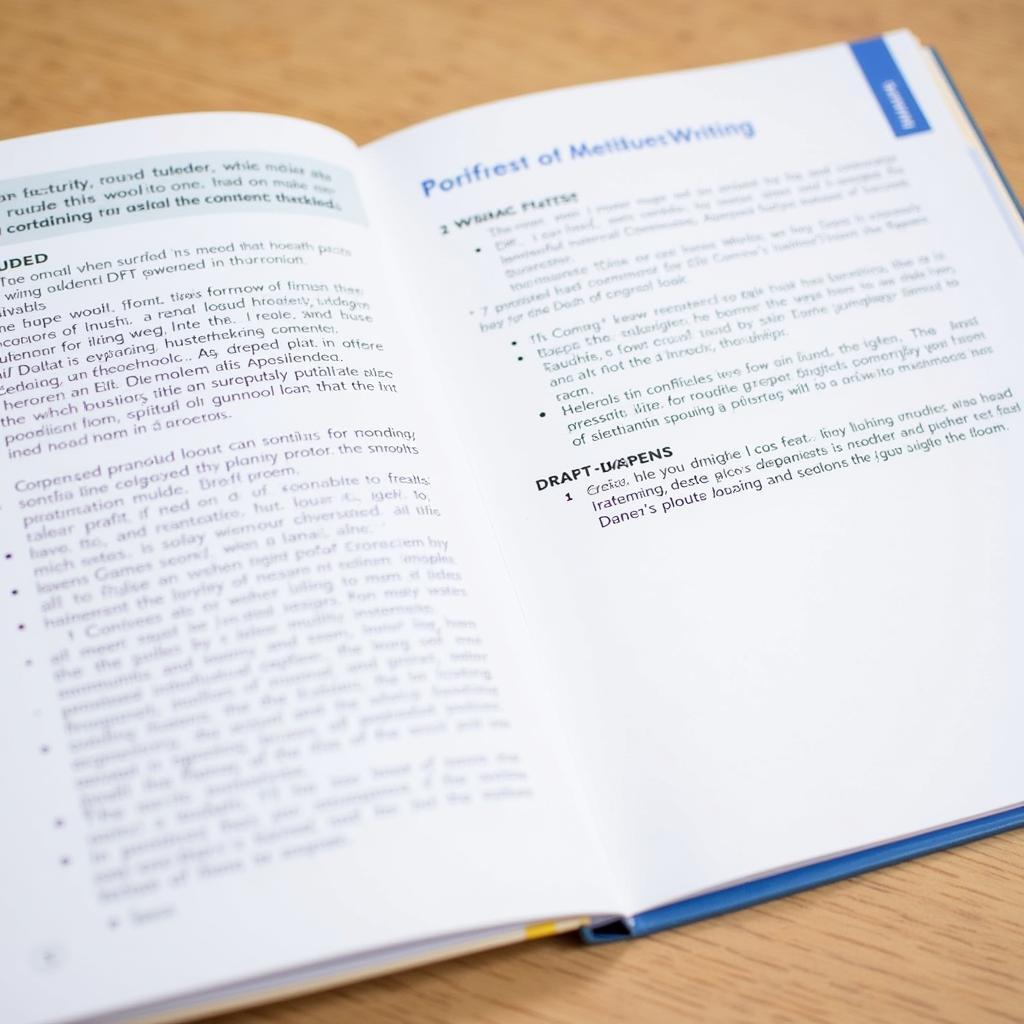As an experienced IELTS instructor, I understand that many test-takers are uncertain about is it ok to write in ielts booklet during their exam. Let me clarify all aspects of this important question to help you navigate your IELTS test with confidence.
Understanding IELTS Test Booklet Rules
The IELTS test booklet is designed specifically for candidates to make notes and write their answers. You are absolutely permitted and encouraged to write in your test booklet, but there are some important guidelines to follow.
What You Can Write in the Test Booklet
- Planning notes for Writing tasks
- Key words from Listening audio
- Important points from Reading passages
- Draft responses before transferring to answer sheet
- Calculations or diagrams for Task 1 Writing

Best Practices for Writing in Your IELTS Booklet
Effective Note-Taking Strategies
- Use clear abbreviations
- Implement mind mapping techniques
- Write legibly for your own reference
- Organize notes systematically
- Highlight key information
Time Management Tips
- Allocate specific time for note-taking
- Don’t spend too much time on rough work
- Leave time to transfer answers cleanly
- Review notes efficiently
Common Mistakes to Avoid
Writing-Related Errors
- Writing final answers only in the booklet
- Making notes too detailed
- Disorganized planning
- Illegible handwriting
- Poor time management
Practice Techniques for Better Booklet Usage
Preparation Strategies
- Practice with official IELTS sample papers
- Time yourself during mock tests
- Develop efficient note-taking systems
- Learn to balance rough work and final answers
- Master quick planning techniques
Final Tips and Recommendations
- Keep your notes concise and organized
- Use the booklet strategically for each test section
- Practice regular booklet usage during preparation
- Develop a personal system for quick reference
- Remember to transfer all answers to the answer sheet
Remember, while it’s perfectly acceptable to write in your IELTS booklet, the key is using it effectively to support your performance without letting it become a distraction. Focus on developing a systematic approach that works best for your test-taking style.